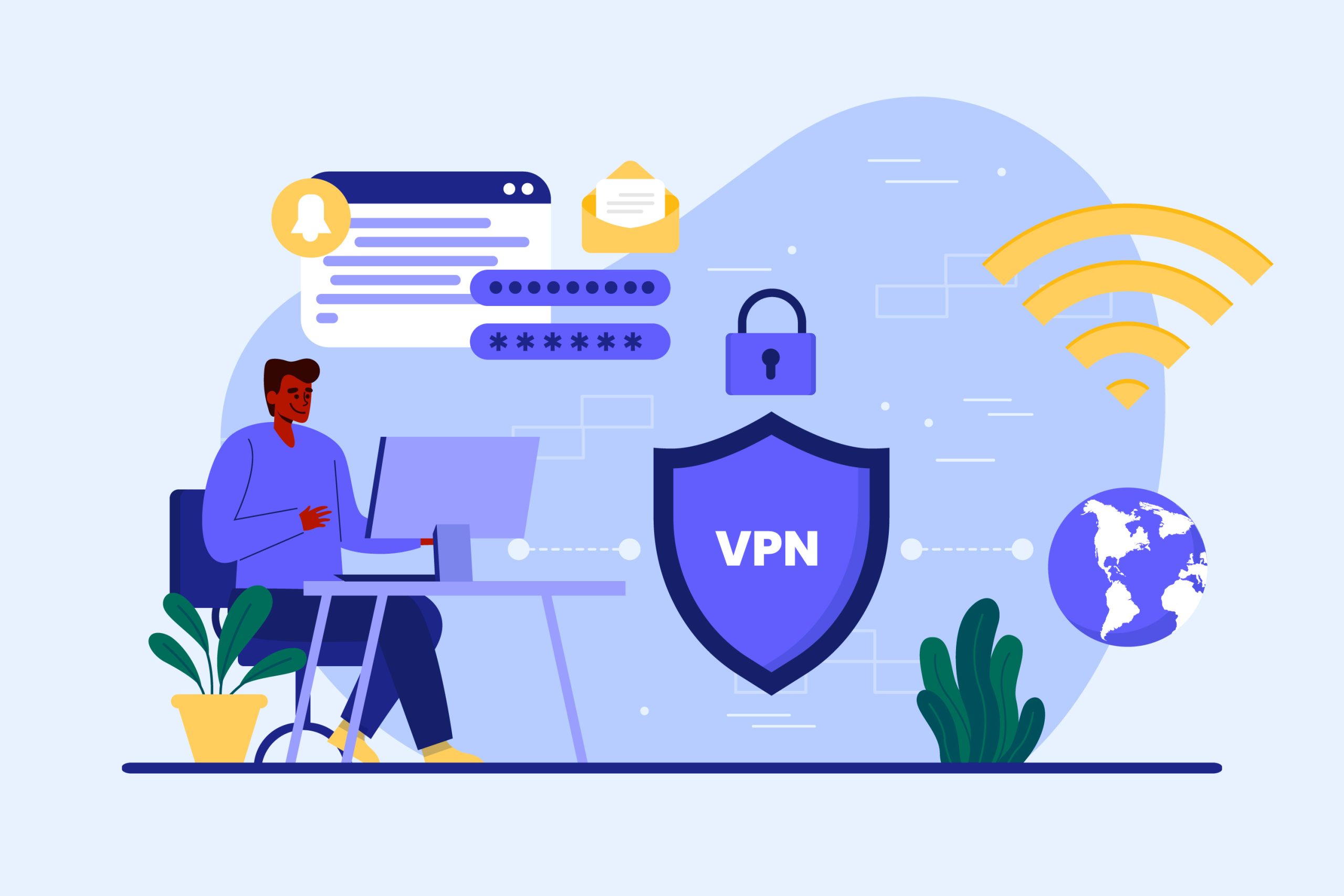Virtual private networks, or VPNs, are one type of internet security service that can help you be more secure and private when using the internet. It conceals your IP address and encrypts your data. When you connect to a VPN server, your internet connection is encrypted, yet antivirus software protects your device from attacks. You can no longer trust internet service providers, hackers, or snoopers to access your data.
VPN protection allows customers to safeguard their online privacy. It will also stop their internet service provider (ISP) from monitoring their browsing habits. When the device gets connected to the main servers, the VPN provider’s internet connection is used to tunnel the user’s internet traffic. This will make browsing history more concealed, making it more difficult for malicious parties to access or keep tabs on the user’s online activity.
Is a VPN secure enough?
Based on the provider you choose, a VPN’s security can differ. Robust protocols are used by trustworthy VPNs, and they do not follow you or provide any information about your online activities to third parties. On the other hand, free or inexpensive VPN companies usually cut corners to increase revenue. They may also sell your data to advertising, have inadequate security infrastructures, and inundate you with advertisements.
By using VPN protection, users may secure their online privacy and prevent their internet service provider (ISP) from tracking their browsing activities. The way it works is that the user connects their device to the VPN server, and then the VPN provider’s internet connection is used to tunnel their internet traffic. This hides surfing information and makes it harder for bad actors to obtain or monitor the user’s online activities.
Do VPNs Protect Against Malware?
Numerous VPNs claim to offer some level of security against harmful files. This can act as a basic line of defense against malicious files and websites. Furthermore, several VPN providers now sell VPNs, and some VPN firms include antivirus software with their services. Whether it comes with your computer or is a separate download, standalone anti-malware software is more effective at neutralizing the threat that malware poses. We believe that VPNs should be as unaffected by your internet activities as possible.
The emergence of advanced tracking techniques and HTTPS is frequently mentioned as reasons why VPNs are not cost-effective. However, this depends on your VPN needs. If you want your traffic to appear as though it is coming from a foreign country for any reason, a VPN can make that happen. If you want to make it harder for marketers and other online criminals to follow you throughout the internet, a VPN can be helpful. Furthermore, a VPN can help you ensure that your internet service provider knows as little about your online activity as possible.
A VPN can help protect your privacy, but it will not make you invincible online. It is a useful addition to your toolkit for privacy and security, and just like any other tool, a VPN functions best when used appropriately.

